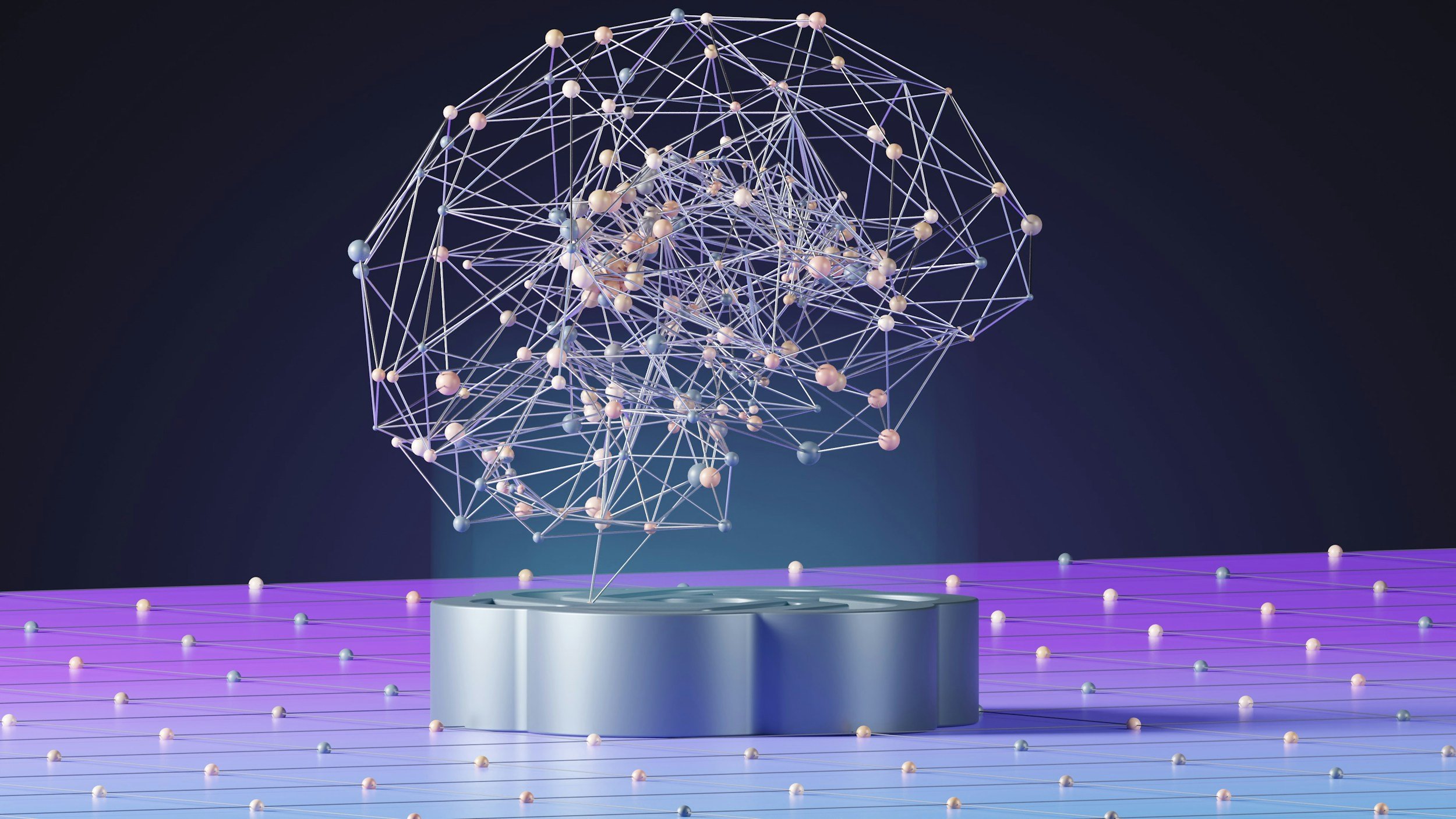
Therapy for ADHD
Having Attention Deficit Hyperactivity Disorder can feel like facing a series of daily challenges that others don’t quite understand.
If you’re struggling with ADHD, you might frequently find yourself caught in frustrating cycles or feeling “different” from those around you.
Have you found yourself endlessly scrolling through your phone as a deadline approaches, even though you want to stay on task?
Have you ever felt a sense of shame when you find yourself a step behind, watching others manage tasks with ease?
Have you walked into a room and immediately forgotten why you’re there?
Do you find yourself daydreaming or losing focus, even with an overwhelming to-do list and so many roles to juggle?
Is maintaining commitments to yourself and others difficult?
We see you.
“Living with ADHD, these experiences can serve as reminders of “falling short,” leaving you feeling frustrated and misunderstood. We are here to tell you that you’re not alone.”
Reach Out Today
Around 4-5% of adults live with ADHD worldwide, though many are unaware that their challenges have a name.
The missed appointments, unfinished projects, and constant distractions are not character flaws; they’re symptoms of a recognized neurodevelopmental condition.
In today’s hyper-connected world, constant distractions make it even more challenging for an ADHD brain, which is naturally sensitive to attention-diverting cues. Managing life with ADHD isn’t just about minimizing symptoms—it’s about navigating a society designed for neurotypical brains. This experience can create feelings of isolation and misunderstanding, especially when daily tasks feel daunting in an ableist world.
ADHD Can Be Managed
Whether you were diagnosed with ADD or ADHD early on, later in life, or have never been diagnosed but are wondering if you might have it ADHD, , our team at Colorado Therapy Collective is here to support you at every stage. Our therapists specialize in working with ADHD and neurodiverse individuals, helping to break frustrating cycles, create a safe space centered on your unique experience, and normalize the challenges of navigating a neurotypical world. We offer ADHD therapy tailored to your specific needs.
What Does Therapy for ADHD Look Like?
Reducing Shame and Building Self-Acceptance
One of the most significant burdens that individuals with ADHD often carry is internalized shame. Years of struggling to meet neurotypical societal expectations can lead to feelings of inadequacy or self-blame for challenges that actually stem from a neurodivergent brain in a neurotypical world. Therapy provides a safe, supportive environment to address and reduce this internalized shame, helping you:
Challenge Internalized Shame: Uncover and confront negative beliefs developed over time, replacing them with a compassionate view of yourself.
Develop Self-Compassion: Build a kinder relationship with yourself, understanding that your challenges are part of who you are and not a reflection of your worth.
Create ADHD-Friendly Strategies: Tailor techniques that align with your brain’s natural tendencies, supporting both your immediate needs and long-term goals.
Therapy helps you shift self-perception, moving away from focusing on perceived shortcomings to embracing your strengths. It’s not about changing who you are, but about navigating life with greater self-acceptance.
Healing the Emotional Scars of Unmanaged ADHD
Living with ADHD impacts more than focus or organization—it also affects emotional well-being. ADHD often leaves scars on self-esteem, relationships, and mental health. At Colorado Therapy Collective our team of therapists are trained in aspects of Emotionally Focused Individual Therapy (EFIT), which is a proven approach for addressing these deep-rooted emotions, helping you process years of feeling “different” or “not good enough.” Imagine moments of overwhelm—like facing a cluttered workspace or an intimidating to-do list. EFIT supports you in approaching these experiences without judgment, reducing shame, and building a secure foundation within yourself.
Through EFIT, you can:
Manage Emotional Intensity: Process and regulate intense emotions, particularly around rejection sensitivity and overwhelming tasks, which can lead to self-criticism.
Heal Emotional Wounds: Address feelings of inadequacy and emotional wounds that may have accumulated over time.
Repair Attachment Bonds: EFIT can help track your role in a negative cycle in your relationships, and can guide you in repairing, rebuilding, and strengthening meaningful connections in your life affected by difficult ADHD symptoms.
Enhance Relationship Skills: EFIT provides tools for improving communication and connection, helping to create deeper, more meaningful relationships.
Embracing Your Unique Strengths
Therapy isn’t just about managing symptoms but also about recognizing and celebrating the strengths that come with ADHD, such as creativity, passion, spontaneity, and hyperfocus. Therapy also helps you understand how to use these qualities productively, embracing how your brain works rather than struggling against it. Here’s how it can help:
Understanding Your ADHD Brain: Gain insight into your specific type of ADHD—whether it’s inattentive, hyperactive, or combined—and the traits that come with it. By exploring characteristics such as hyperfocus and attention lapses, you can learn to leverage these traits more effectively in your daily life.
Reducing Internalized Ableism: Therapy helps identify and challenge ableist beliefs you may have internalized, fostering self-empowerment and a healthier relationship with your ADHD.
Celebrating Neurodivergence: Reconnect with and celebrate your unique traits, empowering you to move forward with self-confidence and pride.
This journey is about accepting your authentic self, learning to work with your unique brain, and navigating life with confidence.
Building Practical, Effective Skills for ADHD
Standard, neurotypical strategies often don’t work well for individuals with ADHD. It can feel like trying to use right-handed scissors with your left hand. You can get by, but it feels awkward, slow, and frustrating, as though you're constantly working against the tool itself. Therapy can be like finally getting a pair of left-handed scissors designed to fit you perfectly. These ADHD-specific strategies work with your brain’s unique wiring rather than against it, making daily tasks more manageable and less draining. Some of these techniques include:
Customized Organization Systems: Structures that align with your natural tendencies, helping you stay organized in ways that feel intuitive rather than forced.
Time Management Tools: Practical, ADHD-friendly methods for managing “time-blindness,” where minutes and hours may feel indistinct.
Overcoming Overwhelm: Approaches to break down a daunting to-do list, making it feel more achievable.
Channeling Hyperfocus: Techniques to leverage hyperfocus productively rather than unpredictably.
Effective Communication: Strategies that help you express yourself and foster understanding in relationships, reducing ADHD-related stigma and miscommunications.
Why Choose Therapy Tailored for ADHD?
At CTC, we have a proven track record of helping clients embrace their ADHD diagnosis and integrate it into their lives, rather than letting it define them. Our experienced team offers an empathetic approach that truly understands your unique challenges, providing both practical strategies and emotional support to:
Equip you with effective coping skills suited to your needs.
Address both the logistical hurdles and emotional impact of ADHD.
Build resilience, self-compassion, and communication skills.
Create a toolkit that supports both immediate relief and long-term growth.
With this focused approach, therapy empowers you to navigate life with confidence, using strategies designed to help you thrive.
Frequently Asked Questions
-
During therapy sessions, you will discuss your experiences, challenges, and goals. Sessions may include various activities, such as skill-building exercises, exploring emotional responses, and developing practical strategies for managing ADHD.
-
While therapy can be effective on its own, it is not the same as medication management. Some clients find that combining therapy with medication can enhance symptom management. Your therapist can discuss the possibility of medication with you and help coordinate care with a prescribing medical provider to ensure that both therapy and any medication you choose work together to support your goals.
-
It’s important to remember that having ADHD doesn’t mean you’re “defective.” Therapy is tailored to your unique needs and is paced to ensure you feel comfortable. We focus on celebrating incremental progress, helping you build confidence and achieve long-term success without feeling overwhelmed.
-
Therapy is flexible and can accommodate your needs. If you have difficulty focusing, your therapist may incorporate movement or fidget tools to help you engage more comfortably.
-
Therapy can provide strategies to enhance communication and connection with friends, family, or partners. By addressing ADHD-related challenges, you can work toward building healthier, more meaningful relationships.
-
Research is finding more and more links between autism and ADHD, both forms of neurodivergence. CTC therapists take a strengths-based and non-pathologizing approach to neurodivergence and can help you understand your unique brain, and support you in working toward your goals. We will also help connect you to any additional resources or referrals that could support you.
See if our services are right for you.
A member of our team will contact you for a no-pressure complimentary consultation.
Take the First Step Toward a Balanced, Fulfilling Life with ADHD
If you’re ready to explore strategies for managing ADHD and reclaim a sense of control, our therapists at CTC are here to help. Schedule a complimentary 20-minute phone consultation to discuss your needs and how therapy might help you thrive in your daily life. If you’re ready to book an initial session, you can also do that, by clicking below. Embrace your neurodivergent strengths and reduce the shame associated with ADHD—you don’t have to do this alone.












